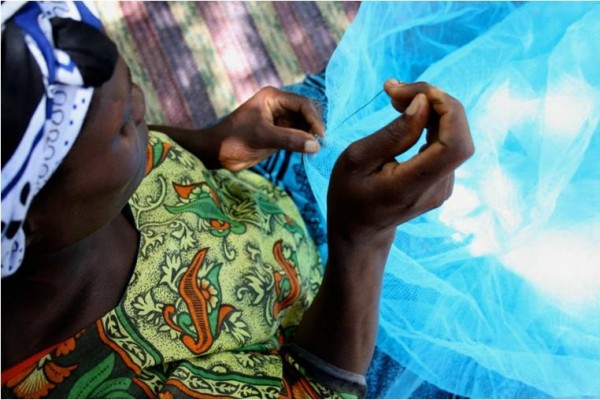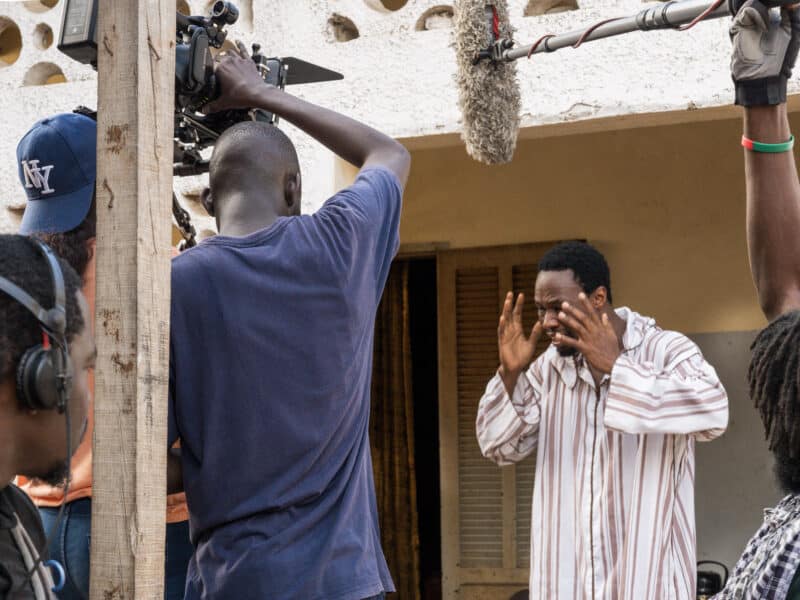Two studies published today by the Johns Hopkins Bloomberg School of Public Health Center for Communication Programs (CCP) offer novel findings about motivations for net care and repair in Senegal and Nigeria. The studies, “You need to take care of it like you take care of your soul”: perceptions and behaviours related to mosquito net damage, care, and repair in Senegal and “We are supposed to take care of it”: a qualitative examination of care and repair behaviour of long-lasting, insecticide-treated nets in Nasarawa State, Nigeria, were published in the Malaria Journal.
“These studies investigated net care and repair activities with the goal of informing social and behavior change (SBCC) programs,” explains Hannah Koenker, Senior Technical Advisor for Malaria at CCP and a co-author of both studies. “By understanding the sources of net damage and the reasons why people care for their nets – or, in some cases, why they don’t care for them – we will be better able to design and target our SBCC messaging.”
Both the Senegal and Nigeria studies pointed to similar sources of net damage, with children and improper handling as the primary causes. In addition, over-washing was identified as a net care effort that tends to lead to damage. At the same time, both studies found that though respondents acknowledged that repairing damaged nets was important, the frequency of net repair was low. In Senegal, respondents felt that net degradation was inevitable and that repairs may damage weak nets; in Nigeria, this is due to a lack of available time and a low perceived effectiveness of repair.
“We can use these findings to develop appropriate messages around net care and repair,” stated Gabrielle Hunter, the lead author of the Nigeria study. “For example, we need to promote net longevity through proper handling, regular inspections and prompt repair, and we need to clarify misconceptions, particularly around washing frequency.”
Authors of “You need to take care of it like you take care of your soul”: perceptions and behaviours related to mosquito net damage, care, and repair in Senegal include Dana K Loll, Sara Berthe, Sylvain L Faye, Issa Wone, Bethany Arnold, Hannah Koenker, Joan Schubert, Youssoufa Lo, Julie Thwing, Ousmane Faye and Rachel Weber.
Authors of “We are supposed to take care of it”: a qualitative examination of care and repair behaviour of long-lasting, insecticide-treated nets in Nasarawa State, Nigeria include, Gabrielle C Hunter, Leah Scandurra, Angela Acosta, Hannah Koenker, Emmanuel Obi and Rachel Weber.
Funding for these studies was provided by U.S. Agency for International Development (USAID) through the NetWorks project.





